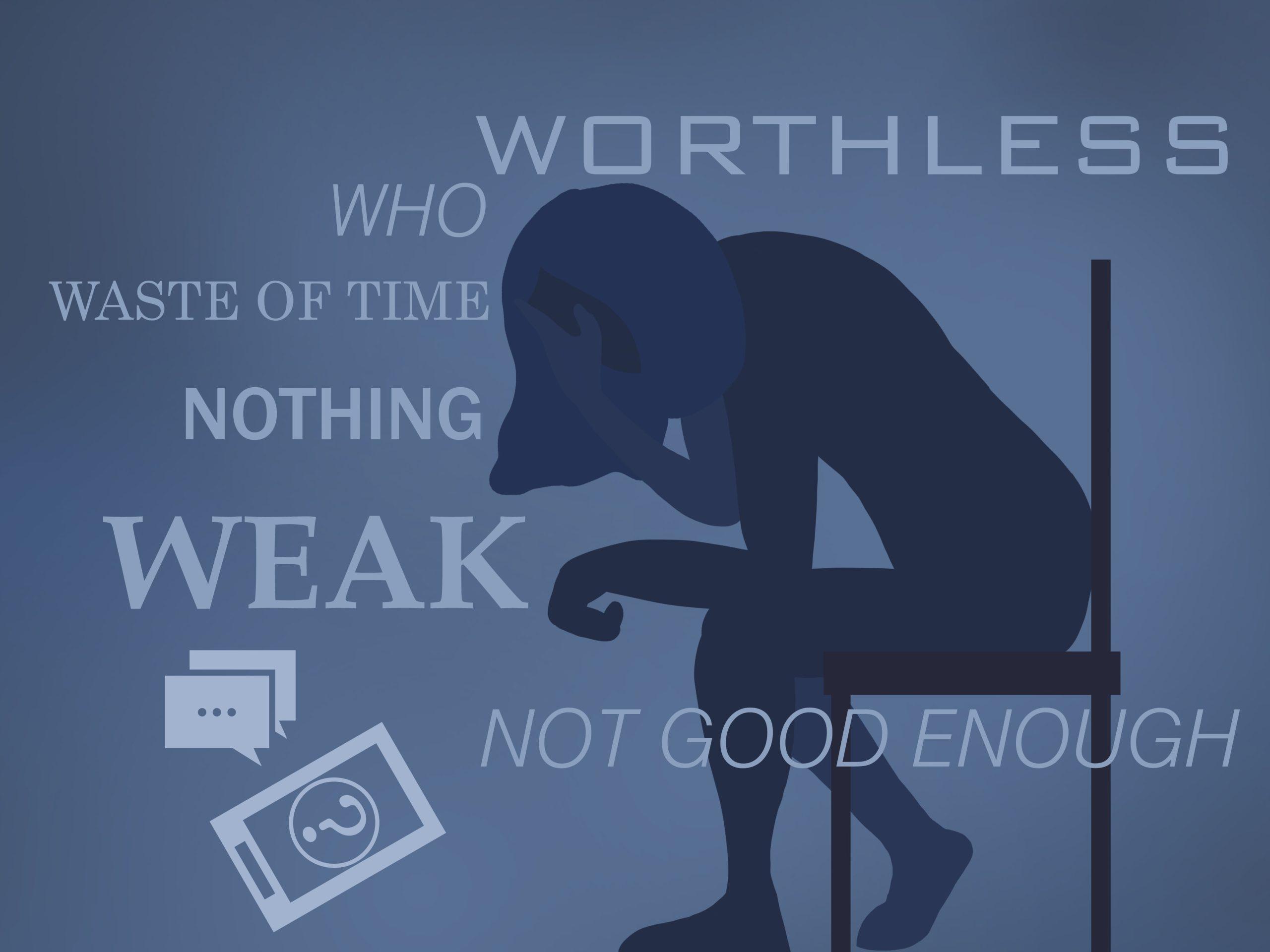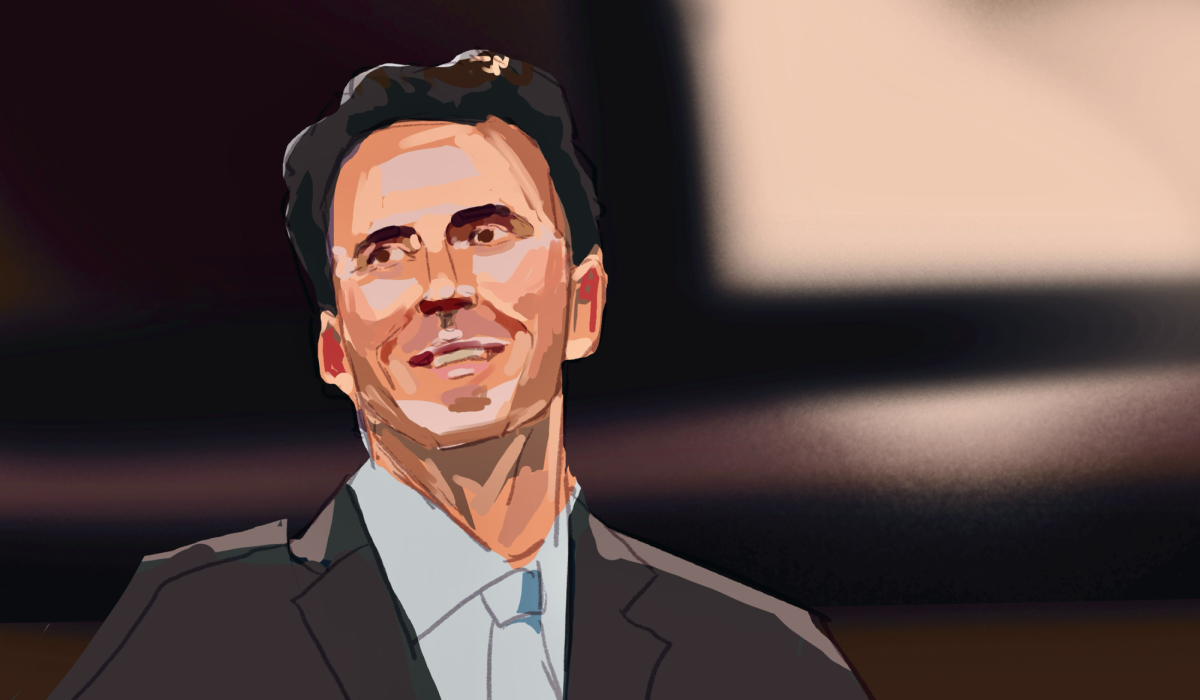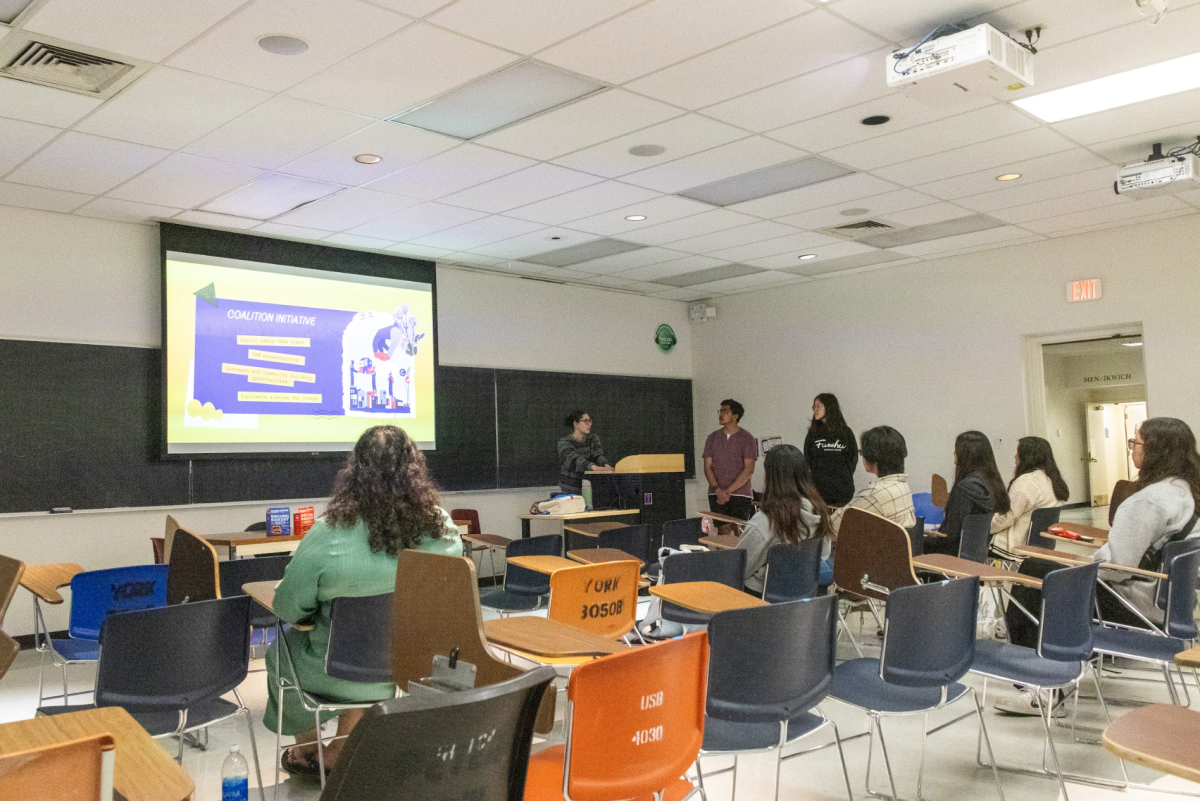UC San Diego’s mental health clinic, Counseling and Psychological Services, has an unfortunate reputation for inaccessibility and ineffective treatment. The UCSD Guardian discussed these concerns with Dr. Reina Juarez, director of CAPS.
Rigorous academics, adjusting to life away from home, increased access to drugs and alcohol — these and other common stressors of college life make college students especially vulnerable to mental health problems. According to the National Alliance on Mental Health, over 75 percent of mental health conditions begin before age 24.
Since college is such a critical time for mental health, universities feature campus counseling centers designed to service students. One such resource at UCSD is CAPS, an on-campus mental health clinic that has been operating since the late 1960s.
With multiple offices located throughout campus, CAPS offers a variety of services ranging from urgent care interventions to group counseling, all free of charge. Dr. Reina Juarez, the director of CAPS, spoke on which services UCSD students are especially in need of.
“On the one hand, there is a need for timely access to urgent care, individual counseling, and psychotherapy services by a multicultural and multilingual team of mental health professionals … and an extensive and efficient network of referral services to dependable and quality health providers in San Diego,” she explained. “On the other hand, there is also a need for drop-in psychological workshops for skills building and preventative services toward stigma discrimination reduction, seeking help, and community building.”
Mental wellness among college students therefore depends on both individual and community-oriented services. Dr. Juarez noted that this holistic approach to mental health is what sets CAPS apart from other college counseling centers.
“The main difference between us and other counseling centers is our integrative and comprehensive student-centered approach coupled with our decentralized nature,” she explained.
Students who wish to use CAPS must first schedule an appointment online or by phone and complete a five to 15-minute long assessment by phone with a CAPS counselor. If the evaluator determines that further treatment is required, the student will be scheduled to meet with a CAPS psychologist. Finally, if long-term treatment is necessary, CAPS will refer the student to an off-campus provider.
Unfortunately, students have found this multi-step appointment process to be inefficient and insufficient for meeting their needs.
One anonymous student reported, “I haven’t followed through with my interest in seeing a counselor at CAPS because of how difficult they make it seem to make appointments. My problems feel like a burden since there’s a lack of counselors to assist [me].”
Another student anonymously agreed that the appointment process is problematic, saying, “The only reason I was able to schedule an appointment in a timely fashion was because I expressed I was feeling suicidal. The soonest appointment time would have been weeks later otherwise. That isn’t right.”
This apparent disregard for students who are considered to be at lower risk puts them in a precarious position; it implies that certain students are more deserving of care than others. The subjectivity of this process points to a need for greater accessibility. However, even in desperate circumstances, some students could not schedule an appropriate appointment time.
A third student recounted, “I remember being on the phone, desperately looking for a counselor the day before my second year began. The wait time was horrendously long, and I could only schedule an appointment for weeks later. I wasn’t going to last that long, and I attempted suicide the next day in my dorm. Not a pleasant experience for anyone around … It’s unsettling for everyone. Of course, I’m glad I’m finally better and back at school, but CAPS really needs more support to help the huge UCSD population.”
Being understaffed is one reason why CAPS has such long wait times for appointments. Juarez designated “consistent staffing growth” as the main challenge of offering personalized mental health care to a large student population. To meet the demand of UCSD’s ever-expanding student body, the university needs to steadily increase its number of staff workers.
“Given our student population needs, demand for services, and model of service delivery, there is a standard by means of which we would need to grow one mental health provider for every 1,000-[person] increase in the student population,” Juarez explained.
“This ratio of 1-to-1,000 would need to be sustained at a consistent pace.”
I remember being on the phone, desperately looking for a counselor the day before my second year began. The wait time was horrendously long, and I could only schedule an appointment for weeks later. I wasn’t going to last that long, and I attempted suicide the next day in my dorm.
In addition to long wait times, some students were dissatisfied with the quality of the treatment they received.
“I went to CAPS on and off, and I found [the] program really lacking for my needs,” an anonymous student recounted.
Another student felt the same way, saying, “I went [to CAPS], kinda felt like a waste of time, but maybe it just wasn’t for me. [The psychologist] said there was nothing ‘wrong’ or ‘different’ with me. She also ended up sending me back to [Student Health Services] to see a doctor instead.”
While every student is certainly subject to their own opinion, the UC Student Association’s evaluation of CAPS shows that there is more evidence for the organization’s inadequacy than the subjectivity of individuals.
As part of the #HowAreYou movement, which was in support of increased funding to campus mental health services, UCSA evaluated the counseling services of all nine UC colleges using both staff and student responses. On the basis of accessibility, diversity of staff, and outreach to students, UCSA gave CAPS a C+ rating; the area in which CAPS scored the lowest was accessibility.
In response to this substandard rating, 2017 alumna Sophia Gumas started a petition calling for an increase in funding to CAPS in May 2017.
The online petition reads, “We demand that there should be more funding and spaces allocated to CAPS to better the student to counselor ratio, as well as to have a student affairs case manager for each of the six colleges.”
Gumas cited CAPS’ long wait times for appointments, poor student-to-counselor ratio, and lack of multilingual psychologists as proof of a need for greater funding. The need for multicultural staff members is especially necessary in the diverse cultural context of San Diego. Lacking diversity excludes underrepresented students and prevents them from receiving the care they need.
The petition addresses these concerns of increased inclusivity, claiming, “[We] should also factor in the historically underrepresented groups that need more specialized attention at CAPS. There is a dire need to hire two culturally proficient and multilingual psychologists at UCSD.”
While students continue to press CAPS for higher quality care, the counseling center was recently issued an increase in funding that will continue to grow over the next several years.
“In 2014, the UC Regents, with the overwhelming support of students, passed an increase in the student services fees to support student mental health services at the 10 campuses. This increase would happen incrementally over the following five years starting in the 2015-16 school year,” Juarez explained.
Thanks to this funding increase, CAPS has seen some improvements in staffing and wait times for appointments.
“This year, we are fully staffed, and it has made a difference,” she stated.
“This week, our wait time to see students for an initial evaluation is one week. In 2014, the wait time could range from three to five weeks, especially during the fall and winter quarters.”
Based on the aforementioned student responses, however, CAPS still has much room for improvement. Before students can be successful in classes, clubs, or even their careers, they must thrive mentally; that all depends on the active prioritization of resources like CAPS.
Art by David Juarez















Kaye • Mar 20, 2018 at 1:29 pm
Wow, this is disturbing! There is so much lip service given to “you have support, we are there for you” but the reality doesn’t seem to live up to this. Like many other commitments that the campus proudly proclaims….. hmm.